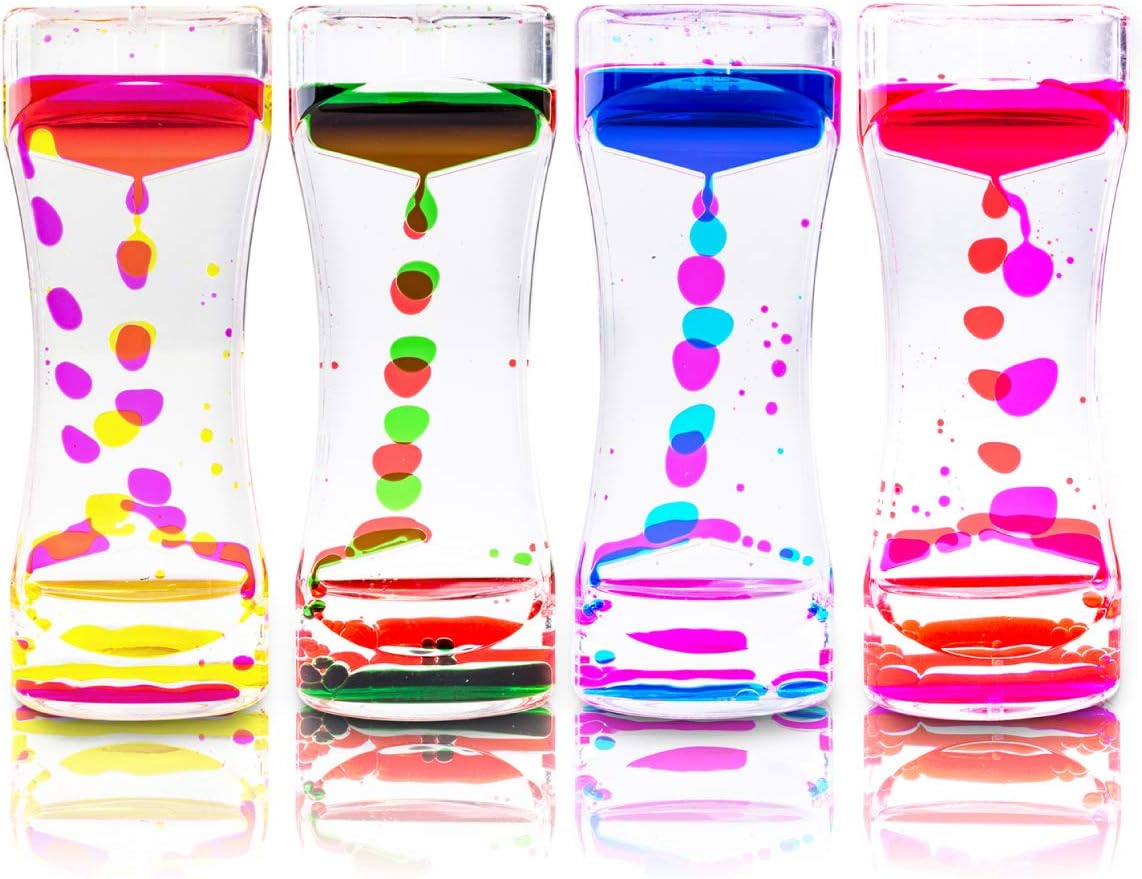“Come to me, all you who are dysregulated and I will help you regulate.” This is a modern take on Matthew 28:11, in which Jesus says, “Come to me, all you who labor and are burdened, and I will give you rest.”
Mass, and church life in general, can be a very challenging sensory, social, and emotional experience, for anyone. This is especially true, though, for neurodivergent people whose brains receive and process sensory input and social situations differently than neurotypical brains.
What is dysregulation?
Dysregulation is being in a state where an individual can’t self-regulate. There are a few different ways to define self-regulation, but they all have some similarities and overlap:
- The ability to manage your own behavior, thoughts, and feelings.
- The ability to act in your own best interest.
- The ability to continuously self-monitor and adjust behavior when necessary to align with your best interest and values.
If someone is struggling to self-regulate, it could mean they are sensory dysregulated, behaviorally dysregulated, or emotionally dysregulated. Dysregulation can occur because of too much or too little sensory information; social stresses such as navigating uncomfortable dynamics with others in the pew; unexpected demands such as unannounced changes to ministry programming or worship; and numerous other underlying sources.
Pastors and lay parish leaders can help.
Helping people regulate at church
Social dynamics are often outside of our control. We can, however, create a culture of inclusion and consideration within our church communities to mitigate conflict and hardship.
Similarly, being mindful to give as much advanced notice of changes to routines, schedules, and other norms within the church life can also reduce stressors and triggers.
There are numerous ways churches can mitigate sensory dysregulation as well. Click here to read “It Starts with Mass,” and get a broad overview of ideas for making Mass more accessible.
One of the simplest, quickest, and least expensive ways to promote sensory regulation at church is through use of fidgets. These are tools that provide sensory input to help with self-regulation. Many neurodivergent people have their own assortment of tools and fidgets that help them regulate. Sometimes these fidgets get lost, forgotten, or people might feel like they can’t or aren’t “allowed” to use quiet fidgets at church.
This is where churches can support neurodivergent people and provide fidget tools. Have a special box or basket of quiet fidget items people can use at Mass, ministry gatherings, or social events. Set it out in a special place at church with a note explaining what it is and who is welcome to utilize it. Or put the container of fidgets somewhere special, but announce and place signs letting individuals know they can ask someone (let them know who) for a fidget if they want one. The first option is preferred because it allows people access to these regulation tools without having to publicly share their needs or challenges.
Quiet fidget tools and resources
Below is a list of ideas and tools churches can quickly and relatively inexpensively can get to create their quiet fidget resource. Please see the note on our about us page regarding occasional use of affiliate links to support our work at no cost to you. Many of these tools are used in our own home and classrooms.

KINGYAO Squishies: These squishies are a favorite for a lot of young autistic and ADHD kids we know. They are quiet, cute, and an easy fidget.

(50 Pcs) Fidget Toys: This fidget megapack is almost entirely silent or quiet fidgets. It’s a great deal of variety for a low cost.

Stretchy Dough Ball: These “dough balls” are another sensory favorite and close to silent.

Feelings Sensory Bottle: These are great calming bottles that can also help people communicate how they’re feeling at the moment. These are great because they can be used, wiped down, and reused for other people.

Liquid Motion Bubbler Sensory Bottles: Simpler, more basic visual sensory input. Again, these are great because they can be used, wiped down, and reused for the next person.

Magnetic Rings Fidget: These magnetic rings are a great fidget tool for adults and older kids.
Variety and variability
Offer a variety of fidgets. Everyone’s regulation needs are different. Even if few people use the church-provided fidgets, this simple act communicates welcome, acceptance, and love for neurodivergent people in your community. Neurodivergent people might feel more comfortable using their own fidgets from home, as well.
If you have questions, suggestions, or would like more help, please contact us at lindseywest@uniquelycatholic.org! If you’d like to hear about the latest resources, ideas, and support for faith and disability in the Church, please sign up to receive our very occasional e-newsletter: http://eepurl.com/dhO7q1

